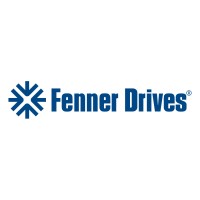
Fenner Drives
Fenner Drives has developed a unique portfolio of products for power transmission, motion transfer and conveying applications. Recognized worldwide for our expertise and innovation in manufacturing technology, we consistently blend reliability, quality and value in our products. As part of our commitment to provide unsurpassed technical support and service, we maintain extensive engineering, development and testing facilities. Fenner Drives employs over 200 people, has production facilities in Manheim, PA and Wilmington, NC and is a wholly owned subsidiary of Fenner PLC. With over 4,000 employees worldwide, Fenner PLC is a world leader in reinforced polymer technology. Count on Fenner Drives, we've got the right product for your application. Visit us at www.fennerdrives.com






